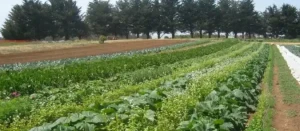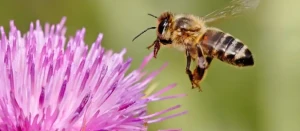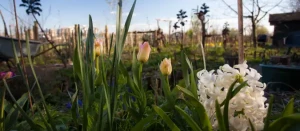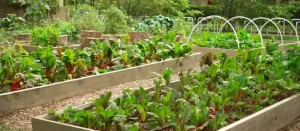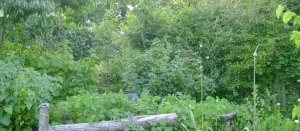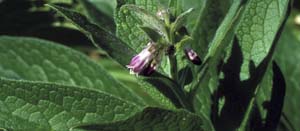SEARCH RESULTS > ARTICLES > Chemical pesticides
As gardeners, we are stewards of the land, nurturing and coaxing life from soil, sun, and water. In our pursuit of abundant harvests and flourishing landscapes, we often seek methods that not only yield bountiful crops but also sustain the delicate balance of our ecosystems. One such approach that has gained significant attention and acclaim is agroecology. Learn More
Gardening for bees is not only beneficial for the environment but also rewarding for gardeners. By planting herbs that attract bees, you not only support pollinators but also enhance the biodiversity of your garden. Here are 13 easy-to-grow herbs that bees love: Learn More
Benefits of Worms in Soil. Worms are invaluable to gardeners for various reasons. They enhance soil structure, increase nutrient availability, and promote microbial activity. One of their lesser-known benefits is their role in regulating soil pH. Learn More
As winter fades away and the warmth of spring arrives, gardeners everywhere eagerly anticipate the opportunity to cultivate their outdoor spaces once again. Spring heralds the beginning of the growing season, and with it comes a flurry of essential tasks to ensure a successful and bountiful harvest later in the year. Whether you're a seasoned gardener or just starting out, following a comprehensive spring garden maintenance checklist can help set the stage for a productive and thriving garden. From soil preparation to pest management, here are the key tasks you'll want to tackle as you prepare your garden for the growing season: Learn More
Gardening enthusiasts are increasingly turning to sustainable and environmentally-friendly practices, and one such method gaining popularity is no-till gardening. No-till gardening is a technique that eliminates or minimizes soil disturbance, promoting healthier soil and more robust plant growth. In this comprehensive guide, we will explore the principles and techniques of creating a successful no-till garden. Learn More
Gardening is not just about growing beautiful flowers or tasty vegetables; it's about creating a sustainable and harmonious ecosystem. Regenerative gardening practices aim to restore and enhance the health of the environment, soil, and biodiversity. In this article, we will explore various regenerative gardening techniques that empower gardeners to contribute positively to the planet. Learn More
Attracting more animals to your garden can be a rewarding and enjoyable experience for several reasons. Wildlife can contribute to a healthy and thriving ecosystem in your garden, help with pest control, and provide opportunities for learning and appreciation of nature. Here are some steps to attract more animals to your garden and why it's beneficial. Learn More
Companion planting is a gardening practice where you strategically plant different types of crops near each other to take advantage of the potential benefits they can offer each other. This can include improving growth, deterring pests, enhancing flavor, and maximizing space. Here's why and how you can use companion planting in your garden. Learn More
